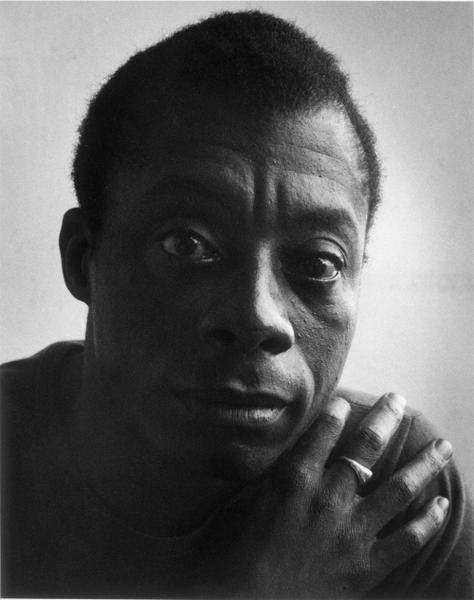Last week my Faculty Reading Group, which has been focusing on the issue of human suffering this semester, discussed “Sonny’s Blues” by James Baldwin. I’d suggested the story in part because it is helping me appreciate my younger brother Jonathan, the second of the four Bates boys, as we figure out how to support my mother and our ailing father.
“Sonny’s Blues” is about two brothers, and my love for the story undoubtedly stems from the fact that I identity with the older brother, who is the narrator. Older siblings often adopt, wholesale, the parents’ values, their reasoning process, and their agenda, and that’s both what I did and what the narrator does. The elder siblings are often expected to stand in for the parents when the parents are gone, and at one point Baldwin’s narrator finds himself, just prior to leaving for the army, promising his mother that he will take care of his younger brother Sonny if anything ever happens to her:
“You got to hold on to your brother,” she said, “and don’t let him fall, no matter what it looks like is happening to him and no matter how evil you gets with him. You going to be evil with him many a time. But don’t you forget what I told you, you hear?”
“I won’t forget,” I said. “Don’t you worry, I won’t forget. I won’t let nothing happen to Sonny.”
My mother smiled as though she was amused at something she saw in my face. Then, “You may not be able to stop nothing from happening. But you got to let him know you’s there.”
As it turns out, when the mother dies the narrator can’t do what he promised he would do—keep Sonny safe—and he doesn’t do what his mother asked him: he doesn’t always let Sonny know he’s there. That’s because Sonny refuses to follow his brother’s career advice and instead becomes a jazz pianist. Then he is arrested for heroine possession, and the narrator is so upset that, for a long time, he refuses to reach out to Sonny in prison. Only after his little daughter dies of polio does he do so.
If older siblings are their parents’ surrogates, second children are often the sensitive ones, picking up on family tensions that the older ones refuse to see. Not committed to the parents’ agenda, they look for other ways of being and can become rebels. Just as Sonny becomes a jazz pianist, so my brother Jonathan was far more into the 1970s counterculture than I was. We sparred a lot over the years, especially as children.
But it is often the sensitive ones who have something very special to communicate. Sonny finally is able to shake his older brother out of his prideful belief that he has to have everything under control, including his own feelings, and that he has to keep everyone safe. In fact, no one can keep anyone safe, and the more important thing may be to acknowledge our love for each other in an unsafe world. Sonny uses his music to communicate this message to his older brother at the end of the story:
Sonny’s fingers filled the air with life, his life. But that life contained so many others. And Sonny went all the way back, he really began with the spare, flat statement of the opening phrase of the song. Then he began to make it his. It was very beautiful because it wasn’t hurried and it was no longer a lament. I seemed to hear with what burning he had made it his, and what burning we had yet to make it ours, how we could cease lamenting. Freedom lurked around us and I understood, at last, that he could help us to be free if we would listen, that he would never be free until we did. Yet, there was no battle in his face now, I heard what he had gone through, and would continue to go through until he came to rest in earth. He had made it his: that long line, of which we knew only Mama and Daddy. And he was giving it back, as everything must be given back, so that, passing through death, it can live forever. I saw my mother’s face again, and felt, for the first time, how the stones of the road she had walked on must have bruised her feet. I saw the moonlit road where my father’s brother died. And it brought something else back to me, and carried me past it, I saw my little girl again and felt Isabel’s tears again, and I felt my own tears begin to rise. And I was yet aware that this was only a moment, that the world waited outside, as hungry as a tiger, and that trouble stretched above us, longer than the sky.
It’s not exactly this way in our family. But Jonathan is proving extraordinarily sensitive to the anxieties that are tearing at my mother and is communicating what he picks up to the rest of us. Just as the narrator and Sonny find a new bond after all that has passed between them, so I am finding a new bond with Jonathan as we worry together about our parents.
That’s the one silver lining in this whole affair.


